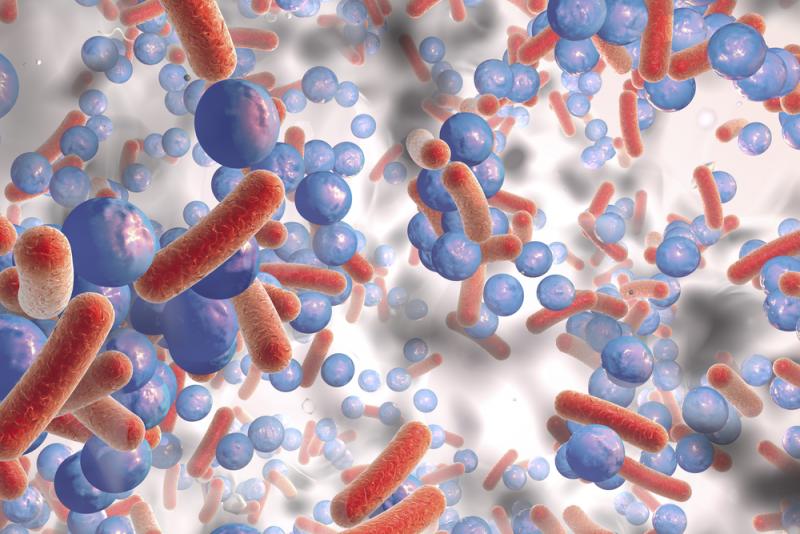News from QED Bioscience
Researchers Uncover Another Tool to Fight Superbugs
The growing threat of antibiotic resistant bacteria has led researchers around the globe to look at ways to stop these ‘superbugs’.
Researchers from McGill University in Montreal have presented in detail how specific bacterial enzymes called kinases, confer resistance to macrolide antibiotics—a widely used class of antibiotics and an alternative medication for patients with penicillin allergies. They showed for the first time how kinases recognize and chemically destroy macrolide antibiotics.
Scientists only recently began to understand how kinases work at the chemical and structural level.
“In 2009 we began cloning and trying to produce large amounts of these enzymes for our studies,” Albert Berghuis, Ph.D., chair of the Department of Biochemistry at McGill University’s Faculty of Medicine and the study’s senior author, said in a statement.
Berghuis’ team tweaked the process for over a year to assemble enough material and then tried to make kinase crystals, which were irradiated with X-rays at the Canadian Light Source in Saskatoon.
The researchers then generated crystals and analyzed the data for the next three years.
“This finally provided us with an atomic view of the kinases and how they bind different macrolide antibiotics,” Berghuis said.
The researchers discovered that the kinase enzymes have the ability to confer resistance to many different macrolide antibiotics and the two enzymes selected in the study were able to confer resistance to all macrolide antibiotics currently in use.
“In the end, we now know exactly how superbugs confer resistance to macrolides using these kinases,” Berghuis said. “This allows us to make small changes to these antibiotics such that the kinases can no longer interact with these drugs, which will make the next-generation antibiotics less susceptible to resistance by superbugs.”
The researchers now plan on developing and testing the new macrolide antibiotics over the course of the next two or three years.
According to a 2014 study in the U.K., that if left unchecked more people will die from antibiotic resistant superbugs than from cancer by 2050.
“Antibiotic resistance is a multi-faceted problem, and our research is one aspect that should be placed in the context of other components, such as curtailing the over-use of antibiotics,” Berghuis said. “Only when a comprehensive multi-pronged strategy is used can we hope to successfully address this global health threat.”
The study was published in Structure. Source: R&D Magazine


